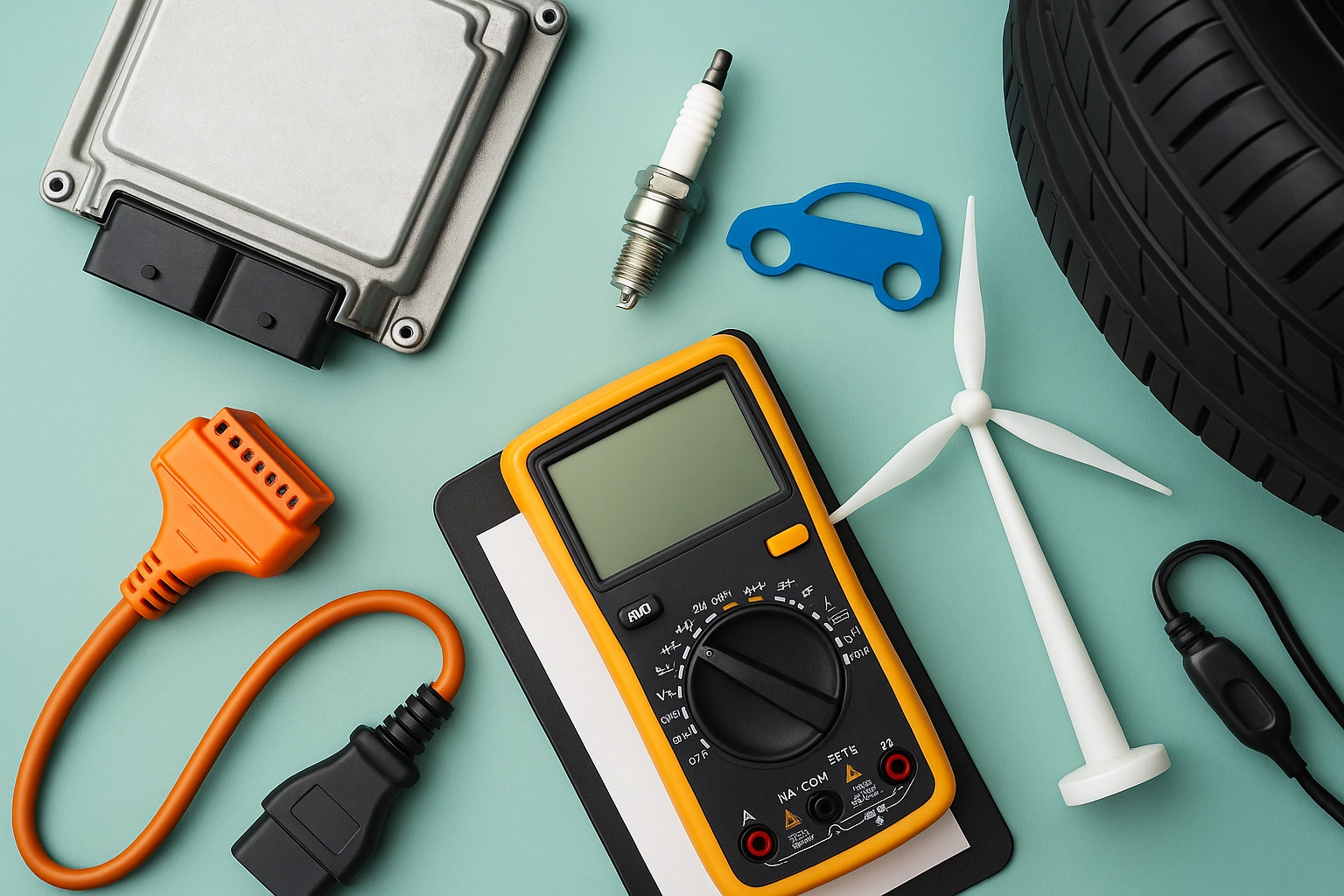ISO 12405-1 Lithium Ion Battery Pack Testing
The International Organization for Standardization (ISO) has established ISO 12405-1 as a critical standard for the testing of lithium-ion battery packs used in electric and hybrid vehicles. This standard is designed to ensure that batteries meet stringent safety, performance, and durability requirements before they are integrated into automotive systems.
The focus on lithium-ion batteries is justified by their widespread adoption due to high energy density and long cycle life, which make them ideal for the demanding conditions encountered in automotive applications. However, these benefits come with challenges related to thermal management, chemical stability, and mechanical integrity. ISO 12405-1 addresses these concerns through a series of tests that evaluate battery performance under various stressors.
The standard covers critical aspects such as electrical safety, mechanical integrity, thermal stress, and durability. These tests are essential for quality managers and compliance officers to ensure that lithium-ion batteries meet the rigorous standards set by automotive manufacturers and regulatory bodies. For R&D engineers and procurement teams, this service provides a clear path to validate battery performance against real-world conditions.
The testing process involves several stages, starting with the selection of appropriate test specimens. These are typically representative samples from production batches that undergo extensive characterization before being subjected to ISO 12405-1 compliant tests. The apparatus used in these tests includes sophisticated equipment capable of simulating environmental and operational stresses.
The testing process is divided into three main categories: electrical safety, mechanical integrity, and thermal performance. Electrical safety tests assess the battery’s ability to withstand overcharging, short-circuiting, and other hazardous conditions. Mechanical integrity tests evaluate how well the battery can handle physical impacts and vibrations encountered during vehicle operation. Thermal performance tests ensure that the battery remains stable under extreme temperatures.
Once testing is complete, detailed reports are generated summarizing the results of each test. These reports provide critical data for decision-making processes within automotive manufacturers and suppliers. The insights gained from this testing can lead to improvements in design, manufacturing processes, and quality control measures.
The importance of ISO 12405-1 cannot be overstated. It serves as a benchmark for the entire industry, ensuring that lithium-ion batteries used in electric and hybrid vehicles meet the highest standards of safety and performance. By adhering to this standard, manufacturers can enhance consumer confidence and compliance with international regulations.
The testing process is not just about compliance; it's also about innovation. By pushing the boundaries of what’s possible within these tests, engineers are able to develop safer and more reliable batteries. This continuous improvement cycle ensures that vehicles remain safe and efficient over their operational lifetimes.
Why It Matters
The safety and reliability of lithium-ion batteries in electric and hybrid vehicles cannot be overstated. These batteries are the heart of modern automotive technology, powering everything from acceleration to lighting systems. However, their complex chemistry makes them susceptible to a variety of potential failures if not properly managed.
ISO 12405-1 addresses these risks by providing a robust framework for testing that ensures every battery pack meets stringent safety and performance criteria. This standard is particularly important in the context of electric vehicles (EVs) where the energy storage system is responsible for delivering power when needed most. A faulty or underperforming battery can have severe consequences, ranging from reduced vehicle range to catastrophic failure.
The testing process outlined by ISO 12405-1 not only protects consumers but also enhances overall safety and reliability in automotive applications. By adhering to this standard, manufacturers can ensure that their products meet the highest international standards and comply with regulatory requirements. This is especially crucial given the increasing adoption of electric vehicles around the world.
Moreover, ISO 12405-1 fosters innovation by encouraging continuous improvement in battery technology. The detailed testing procedures provide valuable data that can be used to refine designs and improve performance. This iterative process helps manufacturers stay ahead of industry trends and meet evolving market demands.
In summary, the significance of ISO 12405-1 cannot be understated. It ensures safety, reliability, and compliance with international standards, all while driving innovation in electric vehicle technology.
Benefits
Maintains Safety: Ensures that lithium-ion battery packs meet stringent safety requirements, reducing the risk of accidents and hazards.
Achieves Compliance: Helps manufacturers comply with international regulations and standards, ensuring legal compliance in various markets.
Enhances Reliability: Provides detailed insights into battery performance under real-world conditions, improving overall reliability.
Fosters Innovation: Encourages continuous improvement by providing comprehensive data on test results, driving advancements in technology.
Protects Reputation: Ensures high-quality products that meet customer expectations and build trust with consumers.
Reduces Risks: Identifies potential issues early in the development process, minimizing risks associated with product failure.





